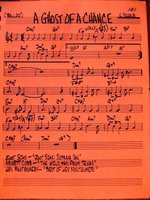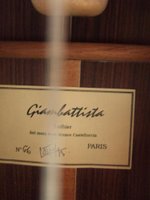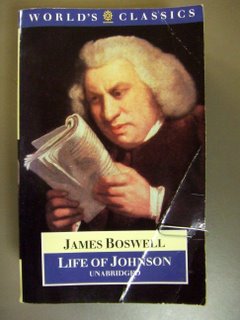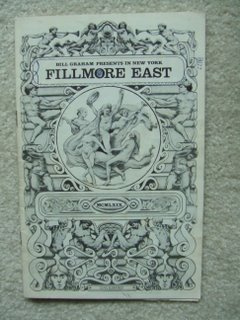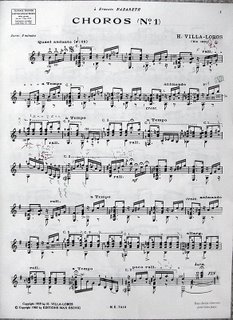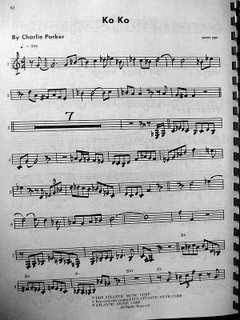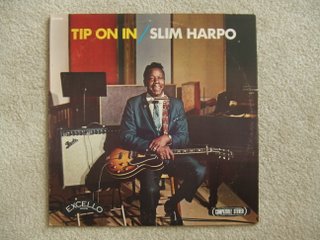Benjamin Franklin (1706-1790) and Walt Whitman (1819-1892) were not contemporaries and lived in very different ages. But if their lives had overlapped, perhaps a dialog such as the following could have occurred.
Place: White Horse Tavern, NYC
Time: Circa 1880
Whitman: Thanks for making the trip up from Philadelphia, Ben. It’s great to see you. Please join me for a drink. Can I order you a glass of beer?
Franklin: I shall have one Walt, just to demonstrate my good fellowship. But I must say I am a bit uneasy about meeting in this lowly tavern, and as to alcoholic spirits, these are to be imbibed very sparingly, if at all. Of course, I am quite fond of beer! That reminds me, did you read the letter I sent last week? It contained a description of my excellent scheme for attaining virtue. To refresh your memory, my method recommends compiling a matrix of virtues and maintaining a daily tabulation of successes and failures in achieving them. Temperance is one of the prime virtues and I would prefer not to tempt it by drinking a beer. Beer, wine or any other spirits will quickly run ruin over a person and their plans. I shall order a single glass of beer and no more.
Whitman: Truly Ben, I do not see how a single beer can hurt you. If you prefer, feel free to order a glass of milk. It is all one to me. As for your table of virtues, well, I must say they appear to me to be more suited to a machine than a man. I cannot see myself submitting to such an unyielding and mechanical grid. Must I monitor and watch myself through each day, rather than open my eyes to the raw rush of the world and the beauty of each moment? At any rate, my inclinations are probably evident to you from my Leaves of Grass. Have you taken a look at it? I sent a personally signed copy to you some time ago.
Franklin: Regrettably Walt I did look at it. I must say it appears to me to be a work of anarchy and licentiousness. To begin, what is your intention with the form? Poetry must be strictly metered and rhymed. I see none of that in your so called poem. Further, as to meaning, I believe a poem should be edifying and instructional. I can make out nothing in your poem other than mystifying philosophy, vain self-glorification and useless detail.
Whitman: I am sorry you feel that way. Perhaps I can offer some explanation to assist you in grasping my meaning, although I truly believe that my poem should sing out to you without need of editorial comment. In the first place, the country has changed quite a bit since your time. To reflect these changes and make our mark upon the world, we literary men are above all seeking to establish a uniquely American voice. We are not, as in your time, interested in following British and continental models, great as they are. I have created a style which is, I believe, original and stamped with the greatness of our country.
Franklin: Excellent. I applaud your intentions if not results. We do need a new literary language in this country. It should be one of efficiency and practical instruction and should be free of the extraneous literary and historical mannerisms of the old world. But whether it should resemble your strange versifying is another matter.
Whitman: I agree we should dispense with old world mannerisms and contrivances. However, I cannot reduce my art to efficiency and practical instruction. Do you not feel the wonder of the world? Do you not see the holiness of the moment? This is what I am trying to reflect in my free flowing verse.
Franklin. Yes, but to me your “Leaves of Grass” appears to be a shapeless mass of words and where it is comprehensible, it is scandalous or dubious. I take a simple example: why do you include this long section (lines 276-325) detailing the homely observations of the daily activities of the common man? What is your purpose here?
Whitman: Ben, do we not live in a democracy? Are not all men created equal? So then why is the bricklayer inferior to the senator? Or why the carpenter less than the judge? Are they all not fit subjects for poetry? But forget politics and the common man. Does not nature value all things equally? Is the ant less than the lion? And what about the very cosmos itself? Isn’t a leave of grass the equal of a planet, nay an entire galaxy?
Franklin: When you speak of democracy I can see your point Whitman. After all, no one believes in Democracy more than I. Furthermore, we are all sons of Adam and Eve, so perhaps the common man is a worthy of subject of poetry. But methinks your comments about nature and the cosmos are just idle speculation. To my mind, this is the domain of the scientist, not the poet. And the worthy English scientist, Newton, has proved that nature is a machine. Surely, you are familiar with his theories?
Whitman: I too value the work of Newton and all scientists; but science cannot explain everything. The universe may be described as a machine, Ben, but surely there is something behind the machine, or perhaps embedded in it as an animating force. What is behind that lightening bolt you tried to capture? Can you not see that there is a power behind it? A power that is identical to that which propels our heart beat, thrusts the shoot upward from the ground and hurls the lava from the earth. This is not simply a machine Ben. There is something else. But this “something else” defies scientific explanation and cannot be sensibly described in ordinary language. It is felt and intuited. It can perhaps be glimpsed indirectly through the work of the poet and I humbly submit to have attempted this in my Leaves of Grass.
Franklin: Whitman, I do not see the point in these mystical whimsies. Let us bring the discussion back to earth. What exactly are you recommending when you write about “loafing” and “admiring” yourself. Surely you must be familiar with my “Poor Richard’s Almanac” (it is, after all, a best seller). In it you will see idleness excoriated as one of the worst of man’s vices.
Whitman: I too do not endorse idleness. But neither do I endorse ceaseless and endless industry such as you seem to be recommending. The “loafing” I speak of is metaphorical and is not inconsistent with good labor. Think of it, perhaps, as a state of mind that opens itself up to the wonder of nature.
Franklin: Again, this is mysticism to me. Whitman, you should follow my example and write works such as Poor Richard’s Almanac. It is read and comprehended by the masses. And it offers good instruction and useful teachings. Many have profited by it. I fear there is little profit in your poetry.
Whitman: Ben can you conceive nothing greater than mere pecuniary profit? There are profits of a different sort in my long-limbed lines. Indeed, I dare say that a prophet stands behind them!
Franklin: Whitman your teachings are dangerous. Someday, if taken seriously they will lead to all kinds of mischief.
Whitman: This is starting to get interesting Ben. Are you sure you can’t dally long enough for one more beer? You will be neither idle nor tipsy at the end, I assure you, and your daily virtue log will remain unblemished.
Labels: American Literature, Literature, Philosophy, Poetry


